
A prosecutor from the International Criminal Court (ICC) has applied for arrest warrants for several high-ranking members of Hamas, citing reasonable grounds to believe they are responsible for war crimes in Israel and Gaza since the October 7 attacks.
Releasing a statement on May 20, Karim Khan KC issued his requests to the court’s judges. He writes that he also seeks arrest warrants against Israeli PM Benjamin Netanyahu, as well as Yoav Gallant, Israel’s defence minister, on separate allegations.
The members of Hamas leadership Mr Khan names are Yahya Sinwar, Mohammed Diab Ibrahim Al-Masri, and Ismail Haniyeh. The prosector says he has reasonable grounds to believe the three may bear criminal responsibilty for war crimes including extermination, murder, and taking hostages.
Here The Independent has put together a profile on some of the group’s highest-ranking officials.
Yahya Sinwar
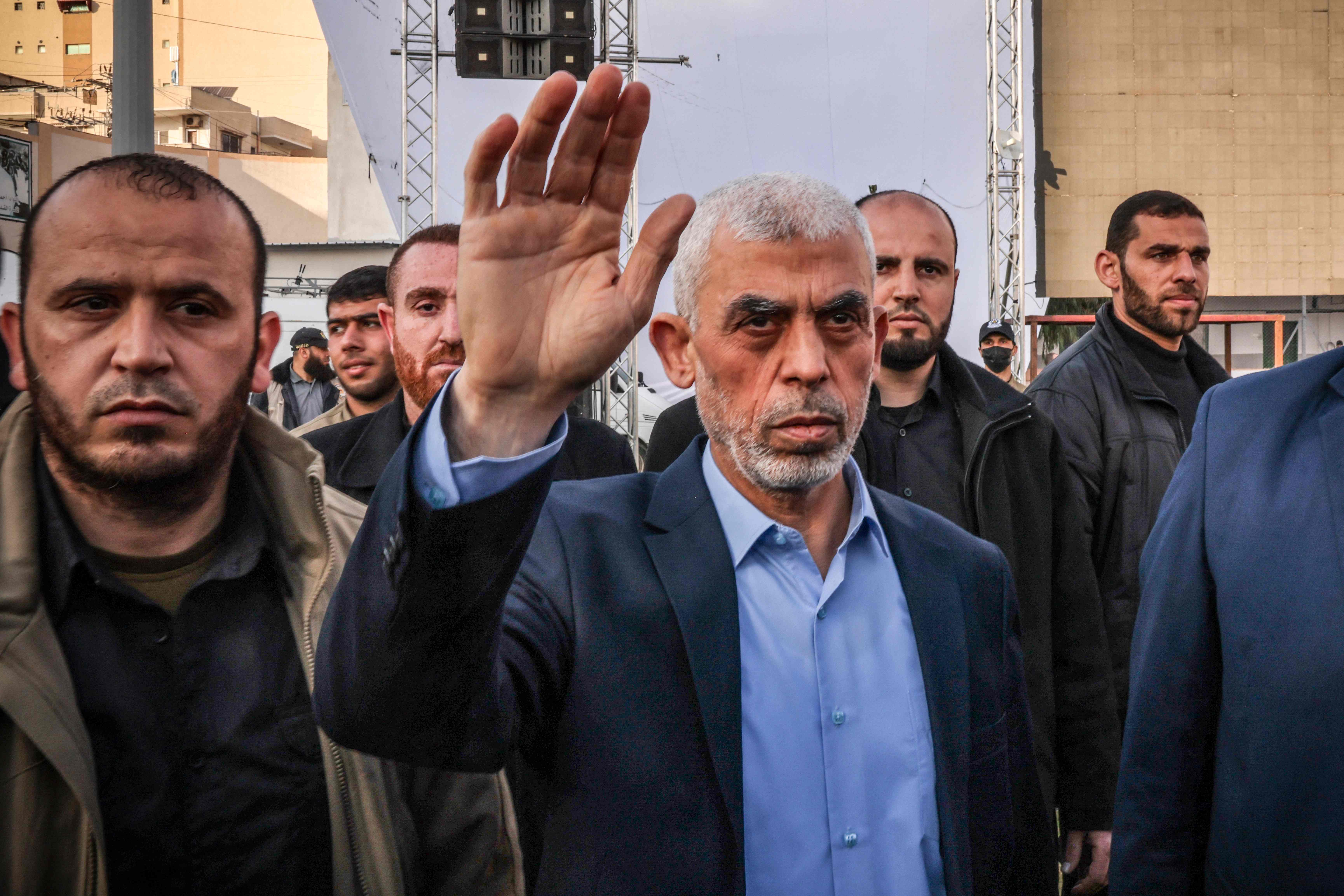
Born in 1962, Sinwar is considered the figure most responsible for the surprise attack on 7 October which killed more than 1,400 Israelis, including women, children and the elderly.
In 1988, he was sentenced to four life terms in prison for masterminding the abduction and killing of two Israeli soldiers and the murder of four Palestinians suspected of cooperating with Israel.
After serving 22 years, Israeli prime minister Benjamin Netanyahu released him as part of a high-profile prisoner swap which saw 1,207 Palestinians released in exchange for Israeli soldier Gilad Shalit.
Sinwar, who is fluent in Hebrew, was appointed as head of Hamas’s political bureau in the Gaza strip in 2017 after a secretive selection process.
At the time, a former senior official in the Israeli intelligence service described him as a man who it was “very difficult” to reach any sort of understanding with and that he would do “all he could” to carry out terror attacks.
Ismail Haniyeh
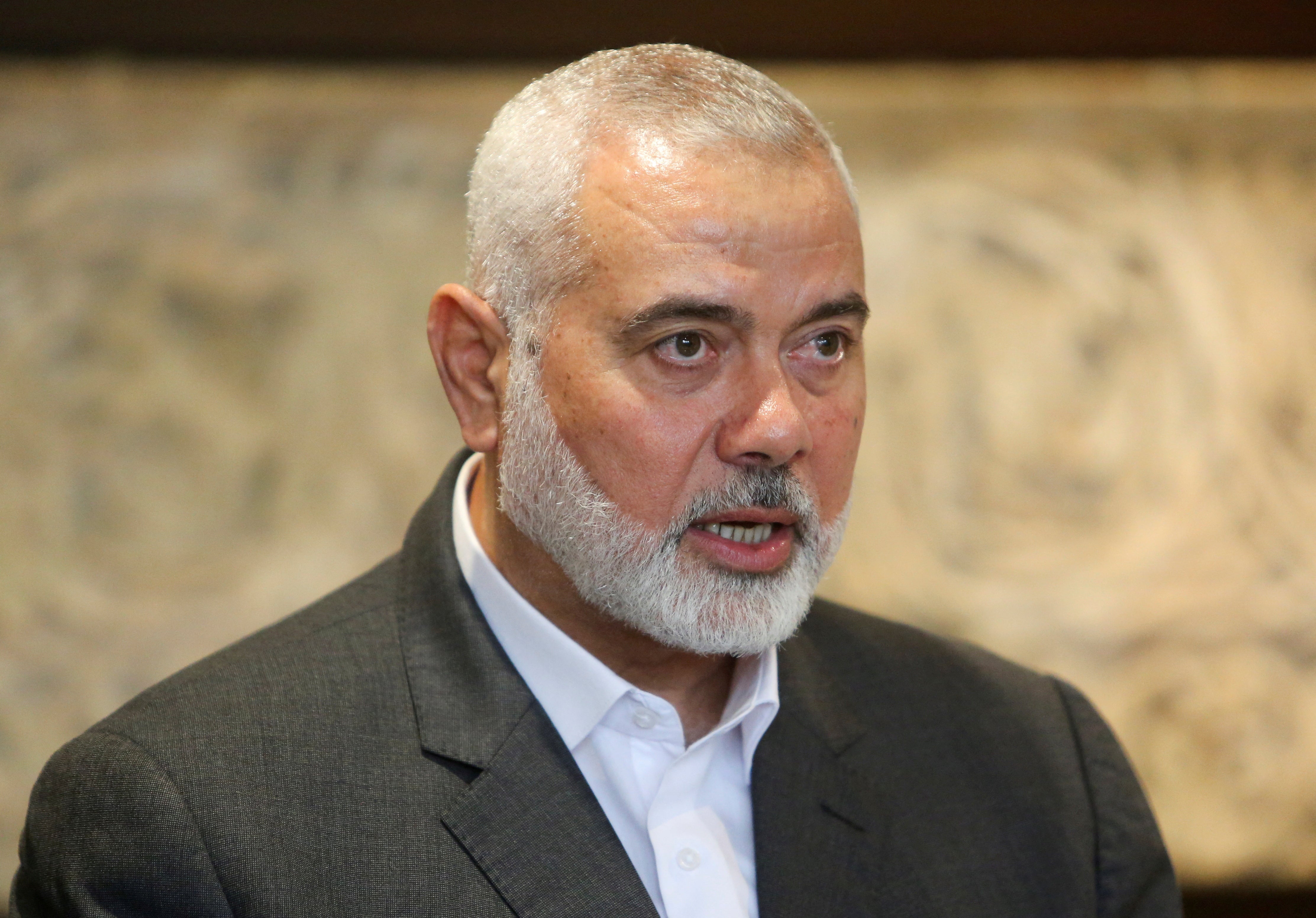
Ismail Haniyeh, also born in 1962, is Hamas’s overall leader and is estimated to be worth billions of dollars with property across the Middle East and Turkey.
He was a former aid to Hamas’ founder, Ahmed Yassin, who was assassinated in an Israeli airstrike in 2004. Before this, Haniyeh was imprisoned by Israel during the first intifada in 1989.
He served as the Palestinian prime minister after Hamas won parliamentary elections in 2006 — a year before the Islamist militant group seized control of Gaza from the rival Fatah-led forces of President Mahmoud Abbas.
In 2017, he was elected head of the group, before fleeing the region to live between Qatar and Turkey. In 2018, the US Department of State designated Haniyeh a terrorist.
Mohammed Deif
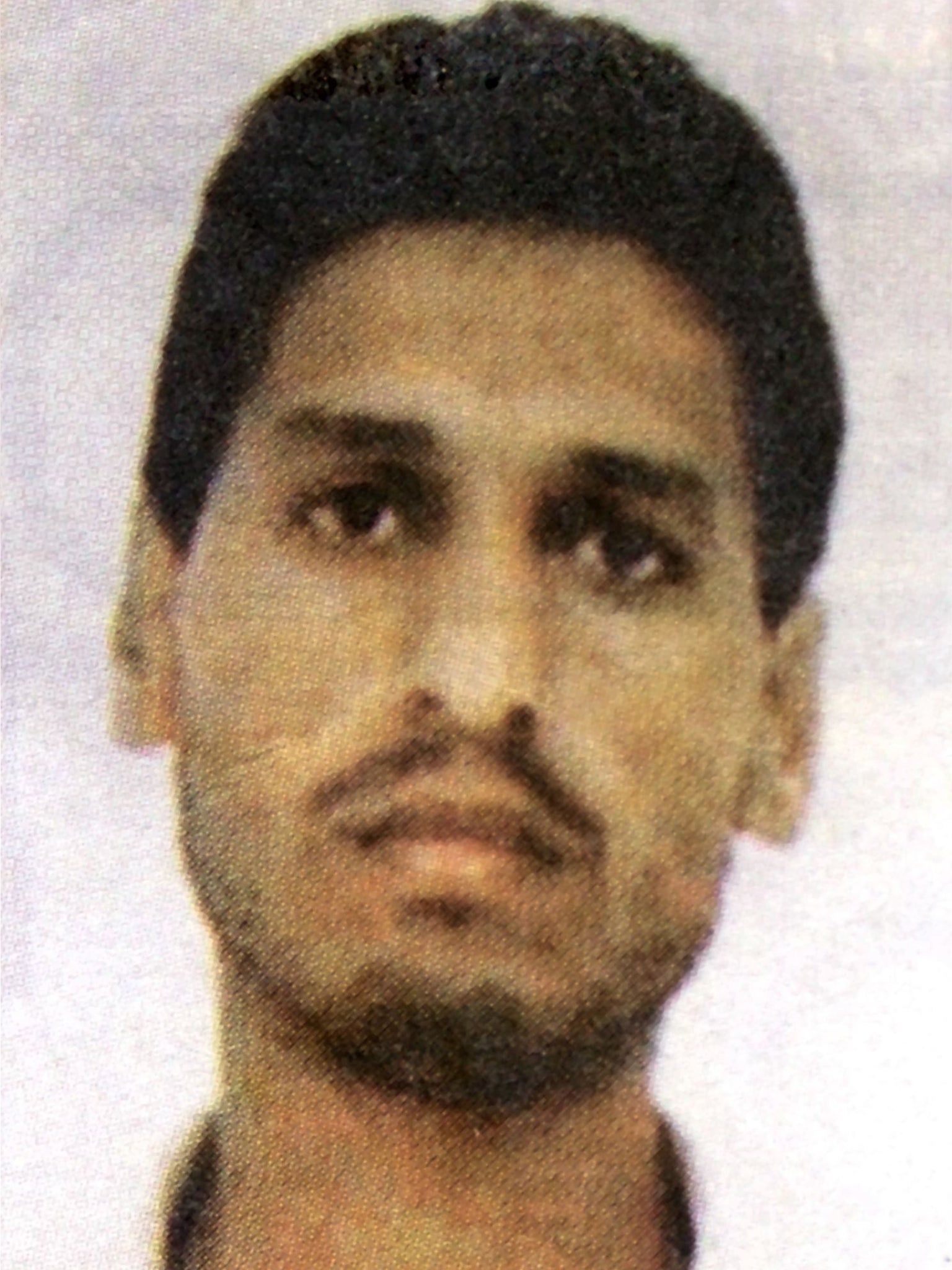
Mohammed Deif is the leader of Izz al-Din al-Qassam brigades, the armed wing of Hamas which carried out the attacks on Israel on 7 October.
Known as the “Cat with nine lives” to Israelis, he oversaw the construction of Hamas’s infamous tunnels which allow his organisation to evade Israeli forces.
There are only three known photos of him - he is wearing a mask in one, the second is old and the third is of his shadow, according to authorities.
In 2014, Israeli forces killed his wife and two of his children after an assault on the Gaza strip. He is said to be missing an eye, hand and foot, and has difficulty speaking due to a number of assassination attempts.
Marwan Issa
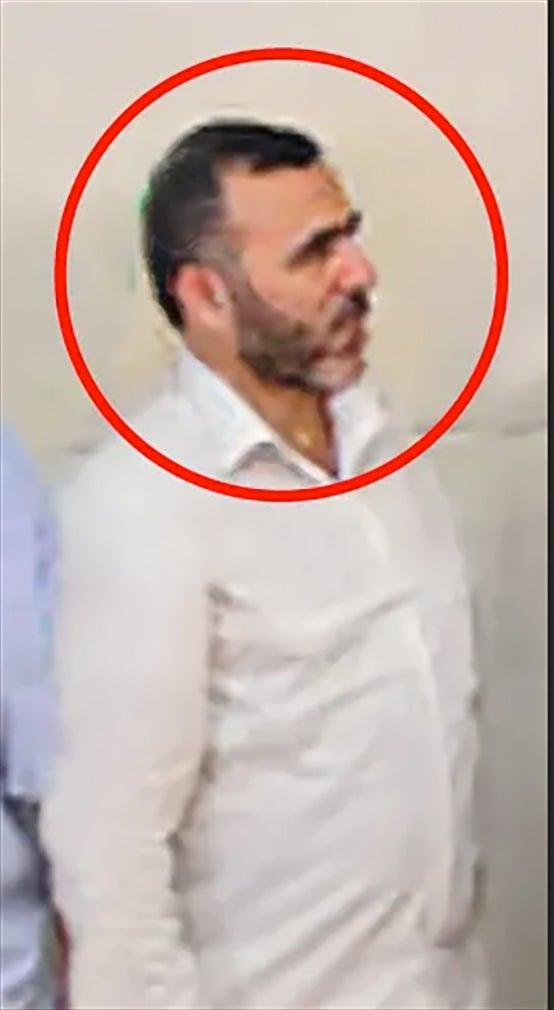
Marwan Issa, born in a refugee camp in 1965, is the deputy commander of the Izz al-Din al-Qassam brigades. Israeli forces detained him during the first intifada between 1989 and 1993 for five years due to his activity with Hamas.
He was then detained by the Palestinian Authority in 1997 until the eruption of the second intifada in 2000.
It was not known what Issa looked like until 2011, when he appeared in a group photo taken during a reception for exchanged prisoners.
He is thought to have played a significant role in planning incursions into Israel, including the most recent, and was classed as a Specially Designated Global Terrorist by the US Department of State in 2019.
Khaled Meshaal
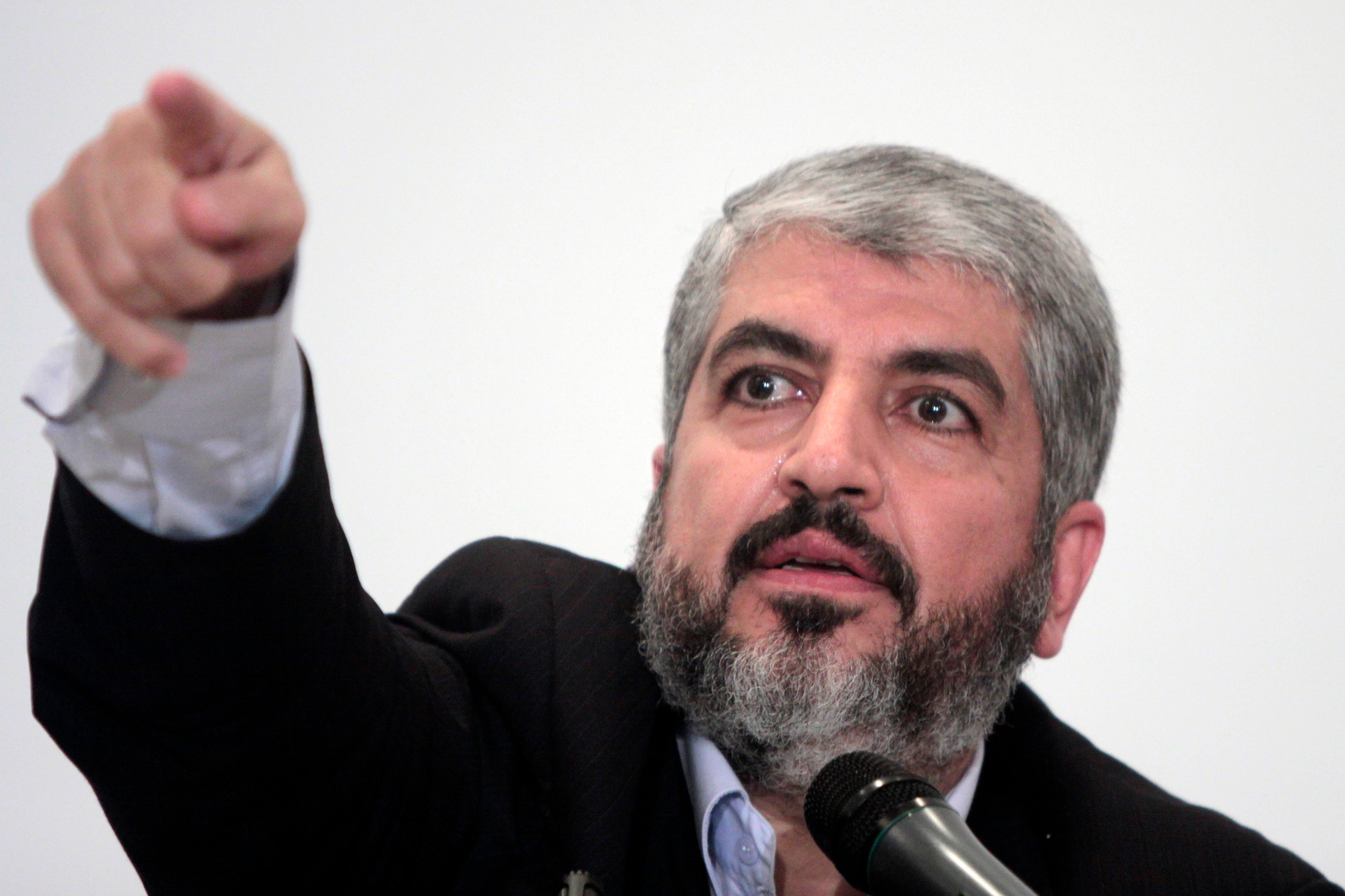
Born in 1956 in the West Bank, Khaled Meshaal is considered as one of the founders of Hamas. He lives in Qatar and only visited Gaza for the first time in 2012.
In 1997, Israel’s Mossad spy agency attempted to assassinate him while in Jordan under the direct instructions of Israeli prime minister Benjamin Netanyahu.
Upon entering Jordan with false passports and poisoning Meshaal, the two Israeli spies were arrested and detained by authorities.
Former King Hussein of Jordan asked Netanyahu for the antidote to the substance Meshaal was poisoned with. Under pressure from US president Bill Clinton, the Israeli prime minister agreed.







